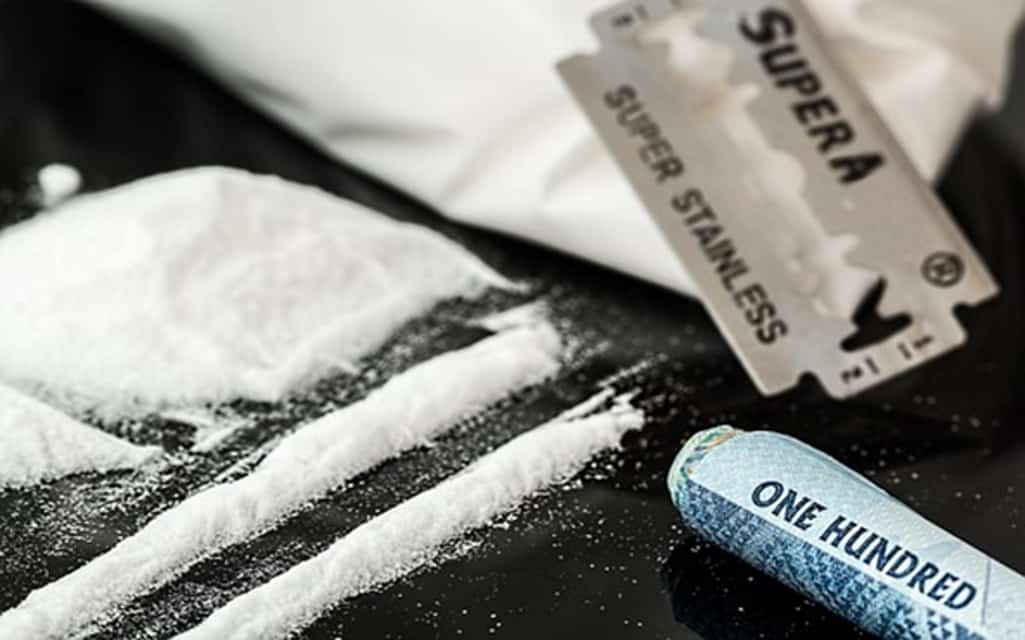Addiction is a chronic, reoccurring, brain disease that is defined by a dependence on alcohol, drugs, or behavior. The dependence can be psychological or physical. When a person is addicted they pursue their toxic and harmful habits despite endangering themselves or others. People are often tempted to try an addictive activity or drug for the first time, then after repeated use, they lose control and get addicted. Addiction occurs when a person cannot do without their drug of choice. In its absence, they suffer withdrawal symptoms. By the time someone realizes that they might have a problem, they will have already lost control and will prioritize the alcohol or drugs over every other important thing in their lives.
Causes of addiction
An individual might decide to try a behavior or substance for the first time for many reasons. It could be peer pressure, curiosity, or stress. Genetics and mental disorders are risk factors for addiction. Research shows that teenagers and adults with mental disorders have a higher likelihood of developing substance abuse than the general population.
Recognizing addiction
Recognizing an addiction problem can be complicated. Some signs of addiction are obvious, but others are hard to identify. When a person realizes that they have a problem, they try to hide it from their loved ones, making it more difficult for other people to say that they are suffering.
Addiction diagnosis
Diagnosing an addiction is similar to diagnosing any other disease. The patient gets checked for symptoms based on scientific criteria. Diagnostic and Statistical Manual of Mental Disorders (DSM) is a popular tool used by professionals to diagnose addiction. The criteria in the DSM used by professionals in the diagnosis include lack of control, tolerance, desire to limit the use, time spent acquiring a substance, craving the substance, lack of responsibility, loss of interest, problematic relationships, dangerous use, and withdrawal.
The warning signs of addiction
If you suspect that your relative or friend is addicted to a substance, there are several signs that you can look out for. Some general red flags include unexplained absences, ignoring responsibilities and commitments, financial problems, problems at work or school, memory lapses, insomnia, withdrawal, mood swings, lack of motivation and changes in physical appearance.

Addiction vs. dependence
Addiction and dependence are sometimes confused and used interchangeably. Differentiating the two is important. Dependence is when someone has a physical tolerance to a drug or substance. If they stop using it, they may get withdrawal symptoms. A dependency is treated by slowly reducing the use of the drug or substance and eventually stopping. Addiction, on the other hand, occurs when a substantial drug or substance use alters a person’s brain chemistry. Addiction shows as immense cravings to use a drug or substance, despite causing harm to self or others.
Addiction treatment
Addiction can only be resolved through professional treatment. Severe addictions require an individual to be admitted at an inpatient rehab center. After undergoing inpatient rehab, an individual might opt for outpatient rehab treatment. Learn more here about the rehab program suitable for you or for a loved one who is trying to overcome addiction. Treatment may be administered through behavioral therapy or medication, and a long term follow up program to prevent a relapse.

Every person’s addiction situation is different. There are, however, treatment and recovery programs for any addiction. Drug or substance addiction takes time to develop, and so does treating it. However, treatment coupled with the right attitude yields results.



